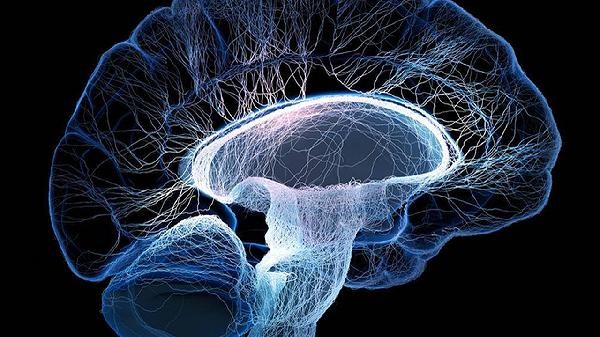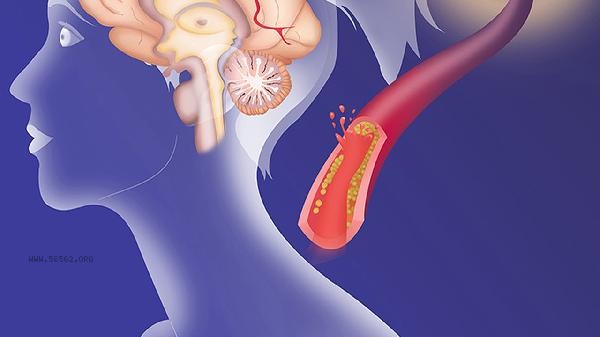The lack of sleep in the brain may be related to short-term stress, disrupted sleep patterns, or insomnia. Medications such as dexmedetomidine tablets, zaleplon capsules, agomelatine tablets, lorazepam tablets, melatonin receptor agonists, etc. can be used according to medical advice. Long term insomnia requires investigation of potential causes such as anxiety disorders and thyroid dysfunction.

1. Right zopiclone tablets
Right zopiclone tablets belong to the non benzodiazepine sedative hypnotic class and are suitable for insomnia with difficulty falling asleep. This drug shortens the time to sleep by enhancing the inhibitory neurotransmitter effect in the central nervous system, which may cause adverse reactions such as dizziness and taste abnormalities. Patients with severe respiratory dysfunction are prohibited from using it, and alcohol consumption should be avoided during medication.
2. Zaleplon Capsules
Zaleplon capsules are short acting hypnotic drugs suitable for people who are prone to waking up at night. It selectively acts on the benzodiazepine receptor subtype, with fast metabolism and low residual effects the next day. Headaches and drowsiness may occur during use, and long-term use may lead to dependence. Patients with liver dysfunction need to adjust their dosage.
3. Agomelatine Tablets
Agomelatine tablets have both antidepressant and sleep rhythm regulating effects, and are suitable for insomnia accompanied by low mood. As a melatonin receptor agonist, it can synchronize the biological clock and improve sleep quality. Common adverse reactions include elevated transaminase levels, and regular monitoring of liver function is necessary during medication.

4. Lorazepam tablets
Lorazepam tablets belong to the benzodiazepine class of drugs and are used for short-term treatment of anxiety related insomnia. Improving sleep by suppressing abnormal excitation of the central nervous system, but continuous use for more than four weeks may develop tolerance. Elderly people should be alert to the risk of falls when taking medication, as sudden discontinuation of medication may trigger withdrawal reactions.
5. Melatonin receptor agonists
Melatonin receptor agonists such as remitinib are suitable for insomnia caused by circadian rhythm disorders, inducing sleep by simulating the action of endogenous melatonin. This type of medication has low dependence, but may cause reactions such as drowsiness and dizziness. Patients with jet lag syndrome should consult

before use to improve their sleep problems. Comprehensive intervention is necessary, and it is recommended to maintain a regular schedule, avoid using electronic devices before bedtime, and keep the bedroom environment dark and quiet. Moderate exercise during the day can help fall asleep at night, but vigorous exercise should be avoided four hours before bedtime. Moderate intake of tryptophan containing foods such as millet and bananas is recommended in diet, and caffeine intake should be restricted in the afternoon. If insomnia persists for more than a month or is accompanied by daytime functional impairment, it is necessary to seek timely evaluation at a psychiatric or sleep specialist.








Comments (0)
Leave a Comment
No comments yet
Be the first to share your thoughts!